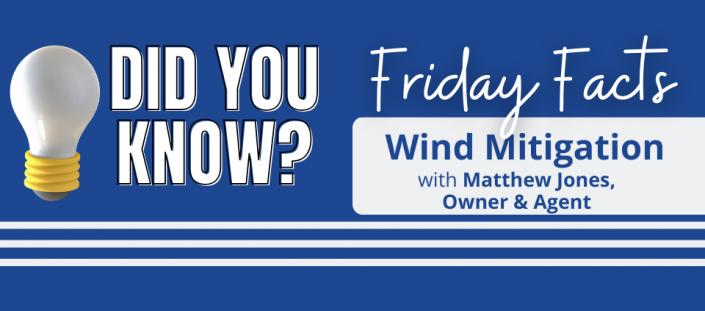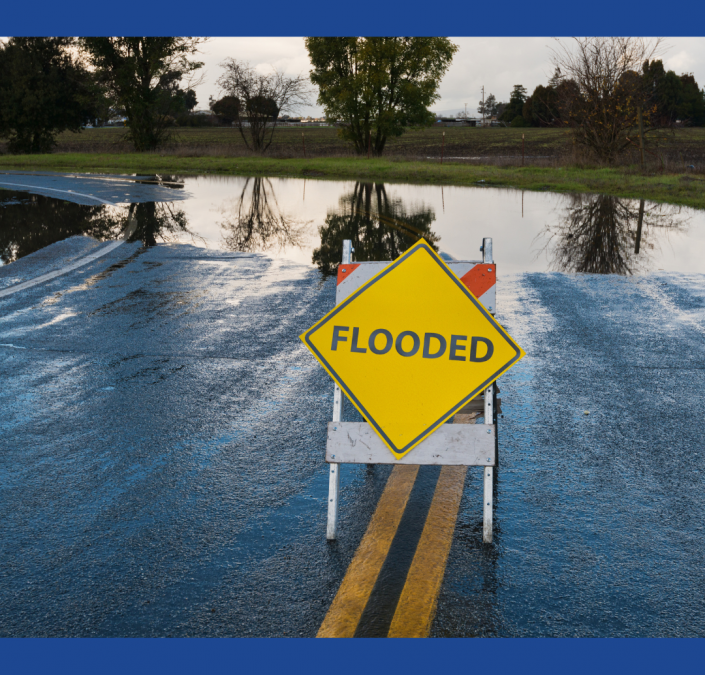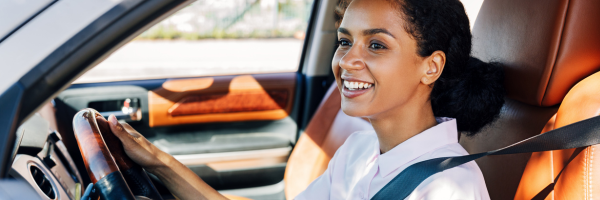
by Morgan Timko | Dec 15, 2023 | Did You Know?, Wind Mitigation
In this video, Agent & Owner Matthew Jones guides you through the important aspects of a wind mitigation report. He discusses the requirements for roofs built after 2002, the significance of roof deck attachment, the role of trusses in securing the roof, the...

by Morgan Timko | Dec 3, 2023 | Did You Know?, Flood Insurance
In this video, Owner & Agent Matthew Jones explains the process of transferring a flood insurance policy and how it can help you save on premiums. He discusses the changes made by FEMA in 2021 and the new rating system called Flood 2.0. He also shares a real-life...

by Morgan Timko | Nov 20, 2023 | Auto Insurance
Americans have been dealing with inflation costs since 2021, from food, gas, housing and now auto insurance. Unfortunately for Floridians, Florida has the highest rate of auto insurance right now according to an article that was written by the Washington Post. It also...
by Morgan Timko | Nov 15, 2023 | Flood Insurance
Living in Florida, with its tropical climate and proximity to the coast, residents are familiar with the potential risks of flooding and need for flood insurance. To protect homeowners and businesses, the state has implemented flood insurance requirements. As...
by Morgan Timko | Nov 15, 2023 | Umbrella Insurance
Of course, you don’t need to insure your umbrella. But as an umbrella keeps off the rain, umbrella insurance helps keep off lawsuits from any liability claim once your policy is exhausted. How I like to explain it is that you can stuff as many policies with liability...




